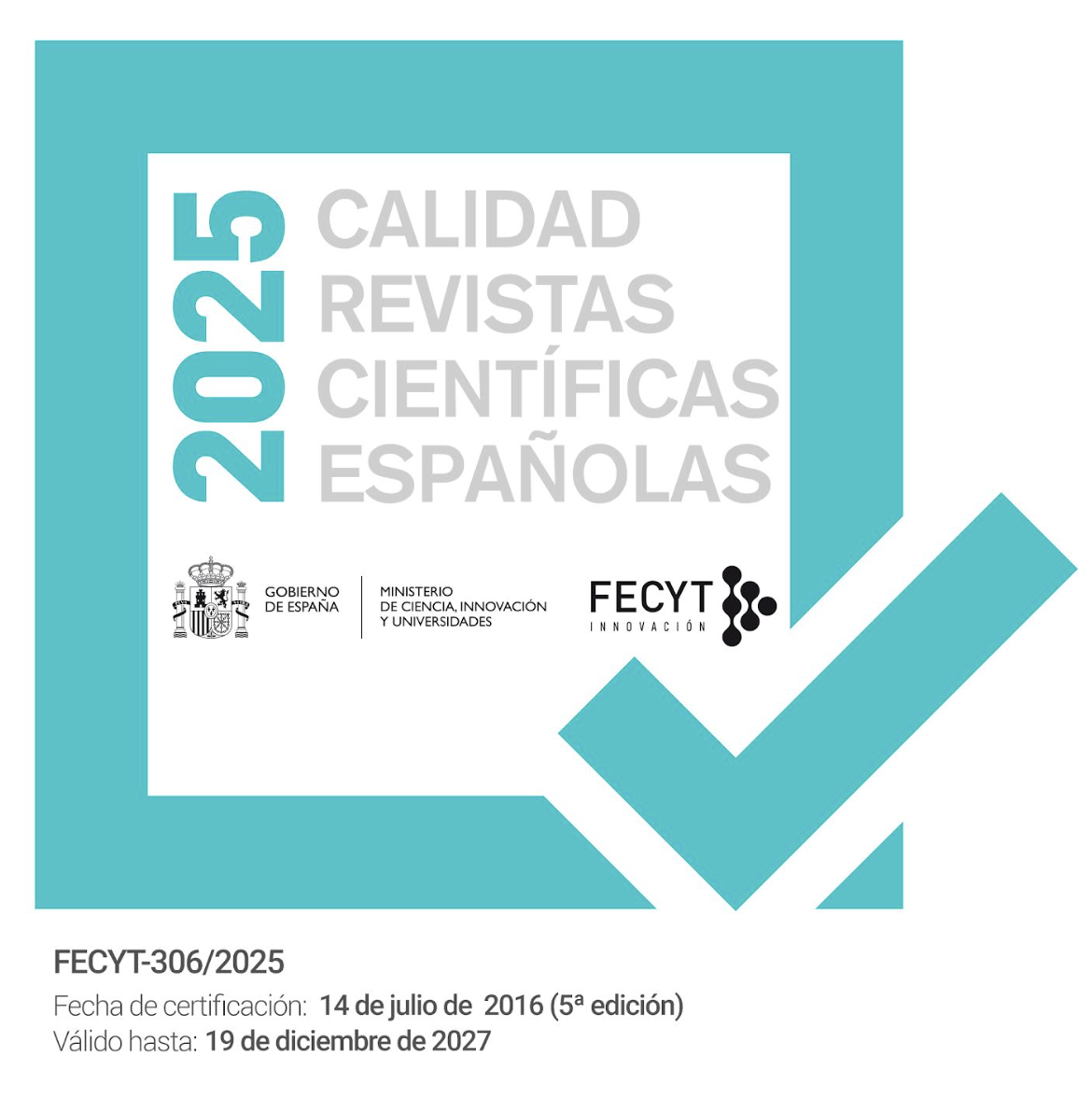Artificial intelligence, research and peer-review: future scenarios and action strategies
DOI:
https://doi.org/10.22325/fes/res.2023.184Keywords:
artificial intelligence, higher education, ChatGPT, generative AI, literature review, sociologyAbstract
Artificial intelligence (AI) is ushering in a transformative era in research and academia, enhancing processes ranging from manuscript composition to data analysis. Nonetheless, AI remains confined to the digital realm and is incapable of engaging in human interactions to inquire about interpersonal dynamics or comprehend the context. In light of this, should we embrace AI as a reviewer of scholarly articles? This article explores the implications of AI for research and academia, providing a comprehensive definition and characterization of generative AI, highlighting AI tools that facilitate research, and examining four future scenarios: democratization of research, AI wastage, increasing inequality, and digital stragglers. In conclusion, we advocate for strategic initiatives, including augmented training in AI tools, a heightened focus on research-oriented education, and the need to spark a debate on the use of AI in managing scientific journals.
References
Akinwalere, S. N., & Ivanov, V. (2022). Artificial intelligence in higher education: challenges and opportunities. Border Crossing, 12(1), 1-15. https://doi.org/10.33182/bc.v12i1.2015
Cárdenas, J. (2023). Análisis de redes con ChatGPT. https://networksprovidehappiness.com/blog-analisis-de-redes/
Checco, A., Bracciale, L., Loreti, P., Pinfield, S., & Bianchi, G. (2021). AI-assisted peer review. Humanities and Social Sciences Communications, 8, 25. https://doi.org/10.1057/s41599-020-00703-8
Eur-Lex (2021) Propuesta de reglamento del Parlamento Europeo y del Consejo por el que se establecen normas armonizadas en materia de inteligencia artificial (Ley de Inteligencia Artificial). https://eur-lex.europa.eu/legal-content/ES/TXT/?uri=COM:2021:206:FIN
Girotra, K., Meincke, L., Terwiesch, C., & Ulrich, K. T. (2023). Ideas are dimes a dozen: large language models for idea generation in innovation (SSRN Scholarly Paper 4526071). https://doi.org/10.2139/ssrn.4526071
Haase, J., & Hanel, P. H. P. (2023). Artificial muses: generative artificial intelligence chatbots have risen to human-level creativity (arXiv:2303.12003). arXiv. https://doi.org/10.48550/arXiv.2303.12003
Kousha, K., & Thelwall, M. (2023). Artificial intelligence to support publishing and peer review: A summary and review. Learned Publishing. https://doi.org/10.1002/leap.1570
Lainjo, B., & Tsmouche, H. (2023). Impact of artificial intelligence on higher learning institutions. International Journal of Education Teaching and Social Sciences 3(2), 96-113. https://doi.org/10.47747/ijets.v3i2.1028
Larivière, V., Gingras, Y., & Archambault, É. (2009). The decline in the concentration of citations, 1900–2007. Journal of the American Society for Information Science and Technology, 60(4), 858-862. https://doi.org/10.1002/asi.21011
Navarro Ardoy, L., Ortega, J. L., y Fernández-Esquinas, M. (2021). La Sociología en los medios de comunicación: un análisis del impacto en la prensa española. En M. Fernández-Esquinas, y M. Domínguez (Eds.), La Sociología en España: Diagnóstico y perspectivas de futuro. Marcial Pons.
Mollick, E. R., & Mollick, L. (2023). Using AI to Implement Effective Teaching Strategies in Classrooms: Five Strategies, Including Prompts (SSRN Scholarly Paper 4391243). https://doi.org/10.2139/ssrn.4391243
Nazaretsky, T., Bar, C., Walter, M., & Alexandron, G. (2022). Empowering teachers with AI: co-designing a learning analytics tool for personalized instruction in the science classroom. LAK22: 12th International Learning Analytics and Knowledge Conference. https://doi.org/10.1145/3506860.3506861
Rebolledo Font de la Vall, R., & González-Araya, F. (2023). Exploring the benefits and challenges of AI-language learning tools. International Journal of Social Sciences and Humanities Invention, 10(1), 7569-7576. https://doi.org/10.18535/ijsshi/v10i01.02
Repiso, R., & Delgado-Vázquez, Á. (2023). Fallen Journals 2023. Implicaciones para la ciencia española de la expulsión de revistas en Web of Science. Zenodo. https://doi.org/10.5281/zenodo.7787933
Repiso, R., Merino-Arribas, A., & Cabezas-Clavijo, Á. (2021). El año que nos volvimos insostenibles: análisis de la producción española en Sustainability (2020). Profesional de la información, 30(4). https://doi.org/10.3145/epi.2021.jul.09
Rodríguez Díaz, J. A. (2020). La COVID-19: La gran oportunidad para pensar y crear sociedades futuras mejores. Revista Española de Sociología, 29(3), 693-702. https://doi.org/10.22325/fes/res.2020.43
Vaswani, A., Shazeer, N., Parmar, N., Uszkoreit, J., Jones, L., Gomez, A. N., Kaiser, Ł., & Polosukhin, I. (2017). Attention is All you Need. Advances in Neural Information Processing Systems, 30. https://proceedings.neurips.cc/paper_files/paper/2017/hash/3f5ee243547dee91fbd053c1c4a845aa-Abstract.html
Yuan, W., Liu, P., & Neubig, G. (2022). Can we automate scientific reviewing? Journal of Artificial Intelligence Research, 75, 171-212. https://doi.org/10.1613/jair.1.12862
Zawacki-Richter, O., Marín, V. I., Bond, M., & Gouverneur, F. (2019). Systematic review of research on artificial intelligence applications in higher education – where are the educators? International Journal of Educational Technology in Higher Education, 16, 39. https://doi.org/10.1186/s41239-019-0171-0
Zheng, H., & Zhan, H. (2023). ChatGPT in Scientific Writing: A Cautionary Tale. The American Journal of Medicine, 136(8), 725-726.e6. https://doi.org/10.1016/j.amjmed.2023.02.011
Published
How to Cite
Issue
Section
License
Copyright (c) 2023 Julián Cárdenas

This work is licensed under a Creative Commons Attribution-NonCommercial 4.0 International License.
• The transfer of the copyright of the article to Revista Española de Sociología.
• The assignment to the Revista Española de Sociología of the rights of commercial exploitation of the article to third parties both in the offset and digital formats, as well as to the search engines and platforms that may serve as intermediaries for the sale or knowledge of the article.




